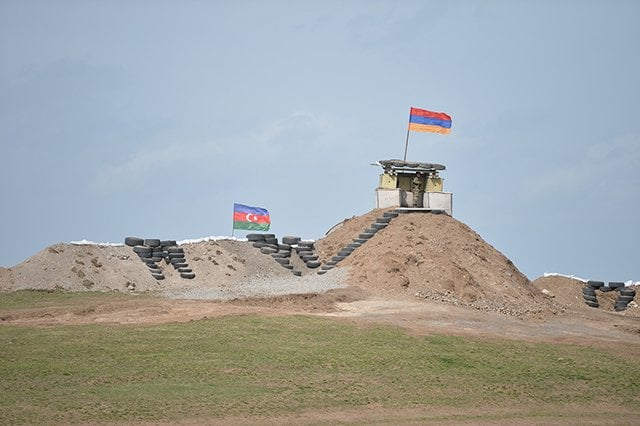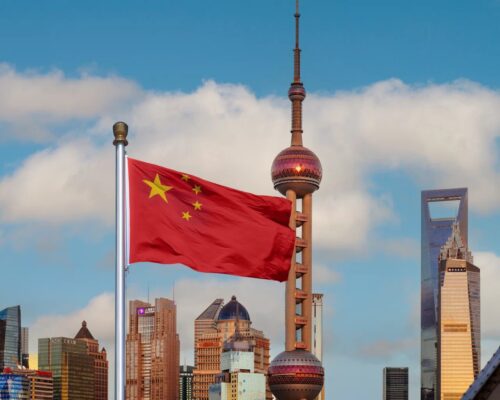
Deepening relations with Armenia and Azerbaijan in strategic areas is important for the EU
The EU is putting forward a new strategy for a stable and secure Black Sea region. This strategy aims to boost connections and growth, by linking Europe with the South Caucasus, Central Asia, and beyond. Amidst Russia’s war of aggression against Ukraine, the strategy will also reinforce the EU’s geopolitical role as a reliable actor in the Black Sea region, the EU said in a statement.
As noted, The EU will forge closer cooperation with Ukraine, the Republic of Moldova, Georgia, Turkey, Armenia and Azerbaijan and take forward regional cooperation on connectivity. “A number of these countries have chosen to pursue the path towards EU accession or closer alignment with the EU. Today’s strategy seeks to bring tangible benefits to Black Sea partners and the EU by investing in and deepening key mutually beneficial partnerships,” reads the statement.
Future cooperation with the Black Sea region is structured under three pillars:
- Enhancing security, stability, and resilience;
- Fostering sustainable growth and prosperity;
- Promoting environmental protection, climate change resilience and preparedness, and civil protection.
Building on its unique position as a bridge between Europe, the Southern Caucasus, Central Asia and Eastern Mediterranean, the Black Sea can serve as a cornerstone of stability, sustainable development, and connectivity through partnerships of shared interest.
The EU strategic approach seeks to unlock the region’s potential based on peace efforts and respect of the international order, in respect of the rule of law and international law. Support to Ukraine’s overall resilience and security and its reconstruction, when conditions allow, are at the heart of this policy.
As noted, the proposal will drive sustainable development and enhance economic prosperity with transport, energy, digital and trade corridors connecting the Black Sea Region to the Baltic, the Mediterranean, through the South Caucasus, the Caspian Sea and toward Central Asia. The Black Sea is a pivotal gateway linking Europe, the South Caucasus, Central Asia, and the Mediterranean. Its stability is crucial for international trade, food security, and broader geopolitical stability, as well as for energy security. The region’s sustainable and inclusive development is vital not only for its immediate neighbors but also for the European Union as a whole and globally.
The EU’s role and responsibility in the Black Sea region is increasing, particularly with the opening of accession negotiations with Ukraine, the Republic of Moldova; and with Georgia, should the country revert to the EU path. The EU enlargement process is a strategic investment to enhance regional security and resilience. A coordinated approach with Turkey, an EU partner of strategic importance and a candidate country is also crucial. Likewise, deepening relations with Armenia and Azerbaijan through cooperation in strategic areas is an important objective for the EU.



